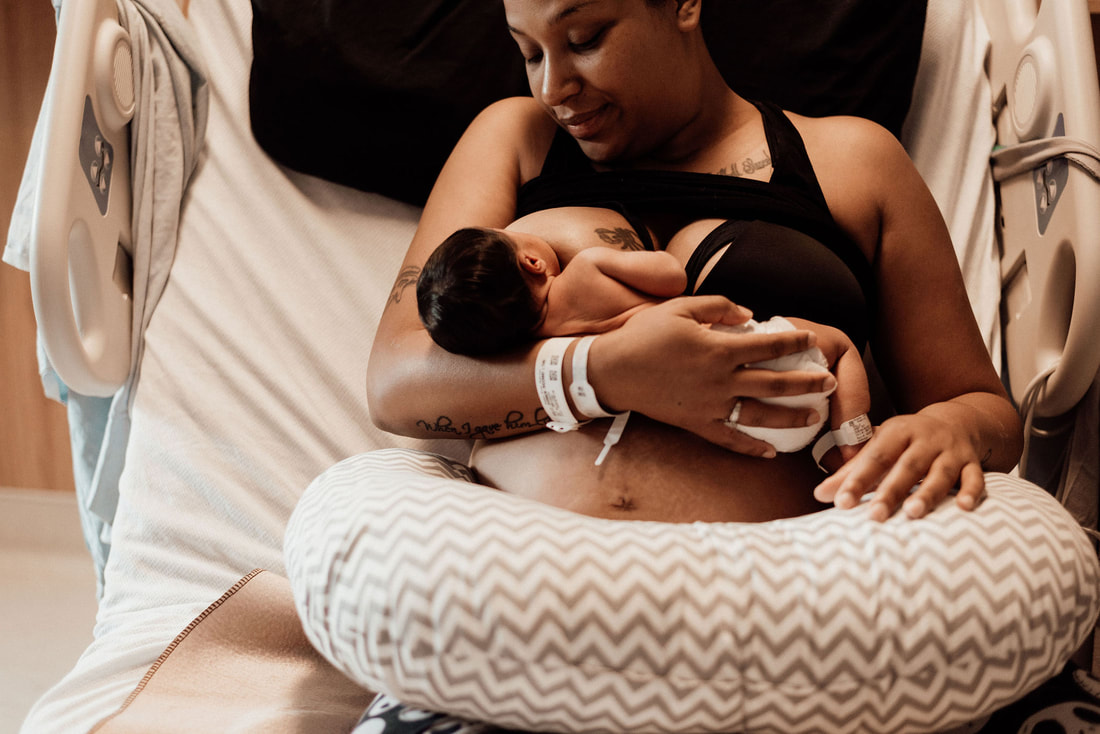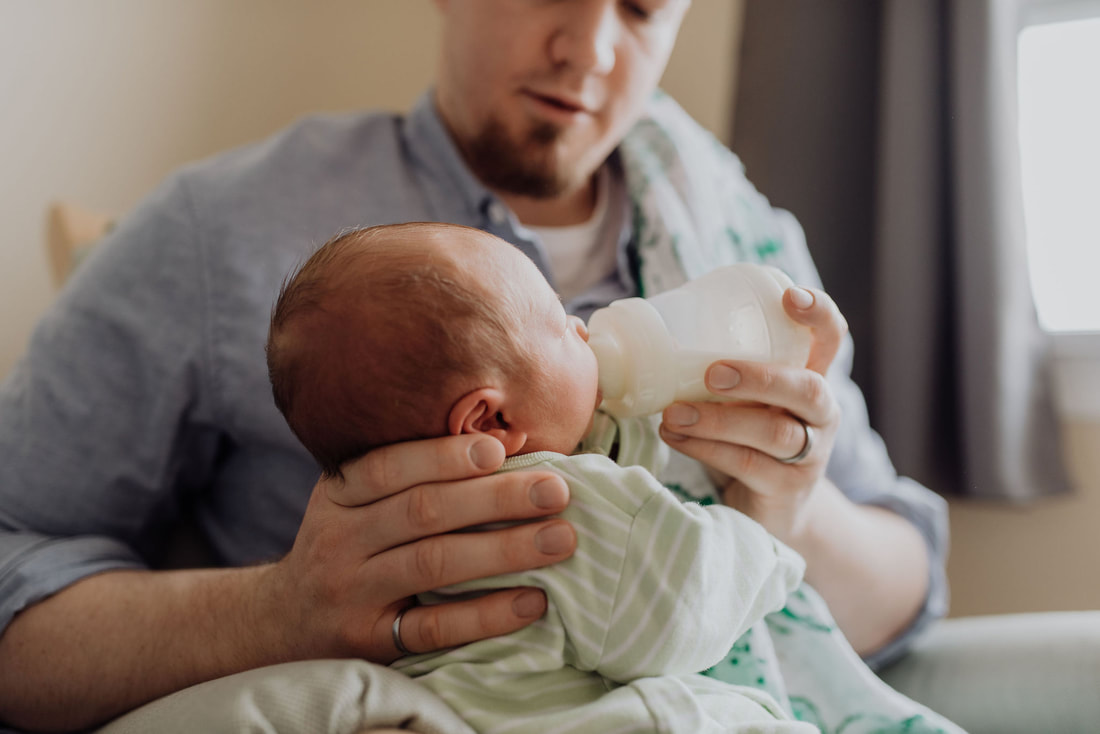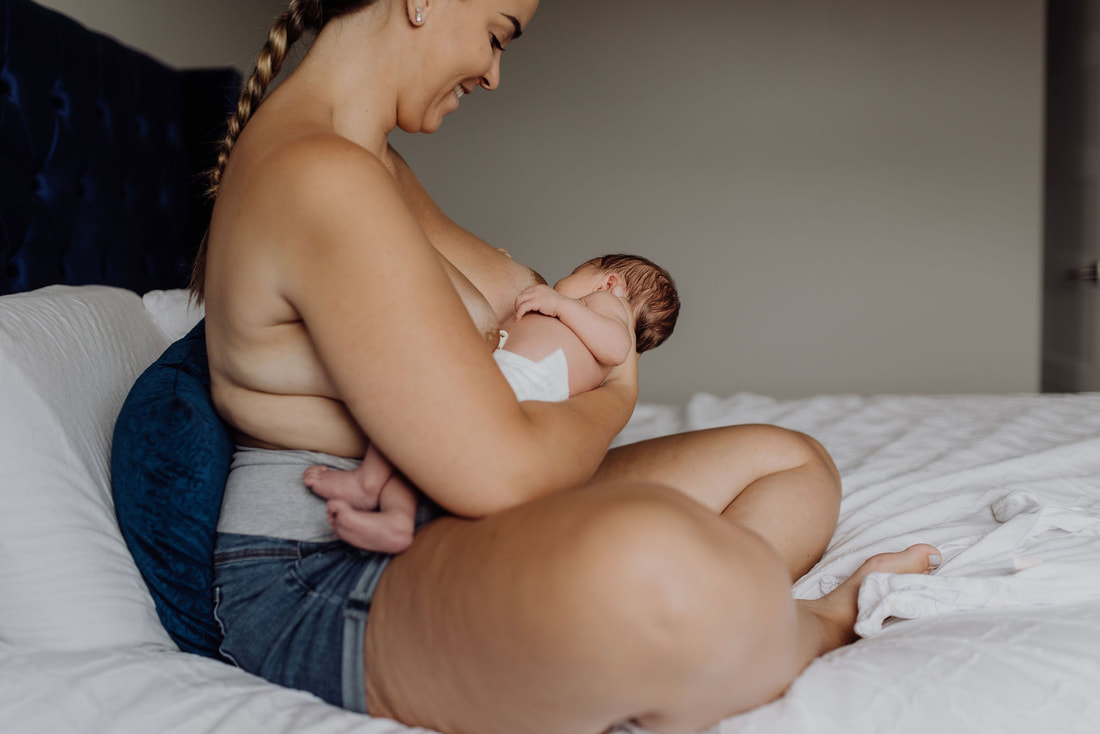|
Preeclampsia is a condition which can develop during pregnancy, usually sometime after 20 weeks gestation. It is usually characterized by high blood pressure (which can come on gradually or suddenly), excess protein in urine, severe headaches, changes in vision, dizziness, nausea/vomiting, upper abdominal pain (especially on the right side), decreased urine output, shortness of breath, and swelling/edema, particularly in the hands and face (source). It is estimated that 5-10% of pregnancies globally are affected by preeclampsia, while 3-5% of pregnancies in the United States are affected (source). A former birth client of Grace’s, who wishes to remain anonymous, generously shared her experience with preeclampsia to help spread awareness. Here is her interview.
Q: What were your signs and symptoms of pre-E? A: I didn’t notice anything out of the ordinary, I thought things were going okay, it was my first pregnancy. One evening around 31 weeks noticed that my ankles were really swollen, so I checked my blood pressure and it was 150/100 (client had a blood pressure cuff at home because she is a nurse). At my 32 week appointment I told the midwives about my symptoms. My blood pressure was always a little elevated. I also had vision changes, started seeing “fireworks” around 30 weeks, and that continued on throughout pregnancy. At my 32 week appointment they did a urine test and found a trace of protein present, then they did blood work to check my creatin protein ratio. They monitored baby, and had me stay overnight for a 24 hour urine collection, which confirmed my diagnosis, and then I was admitted to the hospital for the remainder of my pregnancy until I was induced at 37 weeks. Q: What was it like to be in the hospital for an extended period of time leading up to the birth? A: In one sense it was kind of nice because I got a break from work, although I did do some e-work, but it was nice to get a break from going into work. It was hard being away from home, and my spouse wasn’t able to be there in the hospital all the time. The first week was the hardest, I was really unsure of how things were going to go. I had a lot of anxiety the first few weeks. Things weren’t ready for baby at home. Once I hit 34 weeks there was a sense of relief, a milestone was reached, and the next milestone was 37 weeks. I tried to relax a lot in the hospital. I used the time to focus on hypnobirthing, I originally thought I would have more time. I am really thankful for family who got baby things around while I was in the hospital. I’m also really thankful for faith communities, cards, calls, gifts and meals. The hospital had decent food, so it was nice to not have to cook. I took a whirlpool bath everyday. The time flew by for me. They also have a weekly activity for moms there on extended stays, so it was helpful to have something to do and get to know moms in similar situations. It’s important to get out of your room if you can, the nurses will encourage you to do this also. It was hard not being able to get outside and get fresh air, because it was the winter time. Q: How did Pre-E impact your birth A: I had to be induced. I was hoping to go natural and let my body do what it’s supposed to do on its own, and the induction was more difficult. I was thankful that I didn’t have to take medicine for high blood pressure. There is a misconception that birth is a cure for Preeclampsia, but I actually needed to be monitored for continued symptoms. My blood pressure was still elevated at my 2 and 6 week checkups. Because of Preeclampsia, I am at increased risk for heart disease, and need to wait a certain amount of time before I can conceive again, pre my care giver’s recommendation. Q: What was the emotional impact of Pre-E? A: I remember feeling like this was unfair, that I didn’t ask for this. There was nothing I could have done to prevent it, it just happens. There was one night where I was really scared – the severity of it hit me that I could die or my baby could die. Q: Anything else you think people should know about pre-E? A: I don’t remember talking about signs of what to look out of for. So that’s something to ask your care provider, what you should be watching out for. If I had known more I might have spoken up sooner. They say it can happen really fast. If you would like to learn more about Preeclampsia, please visit www.preeclampsia.org/
0 Comments
Leave a Reply. |
Proudly powered by Weebly



 RSS Feed
RSS Feed